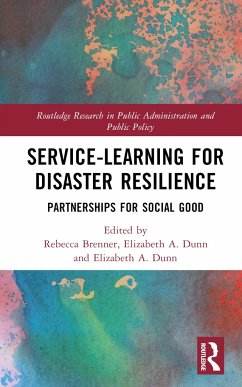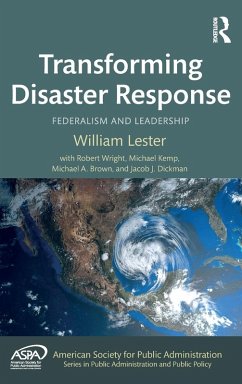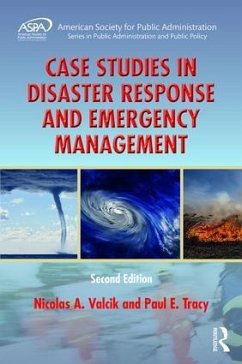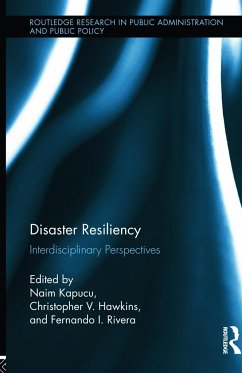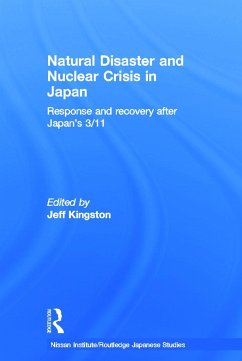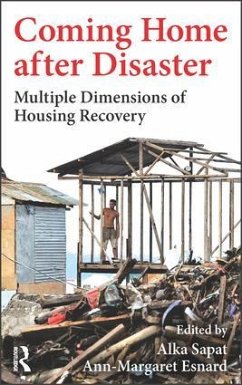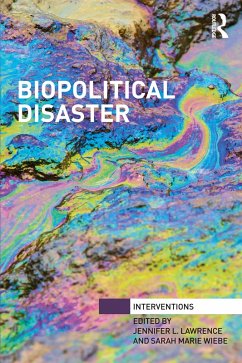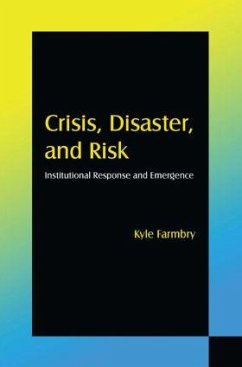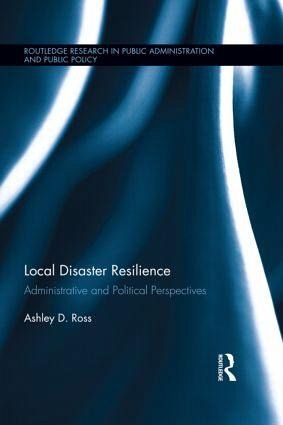
Local Disaster Resilience
Administrative and Political Perspectives
Versandkostenfrei!
Versandfertig in 1-2 Wochen
177,99 €
inkl. MwSt.
Weitere Ausgaben:

PAYBACK Punkte
89 °P sammeln!
Since 2000, the Gulf Coast states - Texas, Louisiana, Mississippi, Alabama, and Florida - have experienced a series of hurricanes, multiple floods and severe storms, and one oil spill. These disasters have not only been numerous but also devastating. Response to and recovery from these unprecedented disasters has been fraught with missteps in management. In efforts to avoid similar failures in the future, government agencies and policy practitioners have looked to recast emergency management, and community resilience has emerged as a way for to better prevent, manage, and recover from these di...
Since 2000, the Gulf Coast states - Texas, Louisiana, Mississippi, Alabama, and Florida - have experienced a series of hurricanes, multiple floods and severe storms, and one oil spill. These disasters have not only been numerous but also devastating. Response to and recovery from these unprecedented disasters has been fraught with missteps in management. In efforts to avoid similar failures in the future, government agencies and policy practitioners have looked to recast emergency management, and community resilience has emerged as a way for to better prevent, manage, and recover from these disasters. How is disaster resilience perceived by local government officials and translated into their disaster response and recovery efforts? Ashley D. Ross systematically explores and measures disaster resilience across the Gulf Coast to gain a better understanding of how resilience in concept is translated into disaster management practices, particularly on the local government level. In doing so, she presents disaster resilience theory to the Gulf Coast using existing data to create county-level baseline indicators of Gulf Coast disaster resilience and an original survey of county emergency managers and elected municipal officials in 60 counties and 120 municipalities across the Gulf States. The findings of the original survey measure the disaster resilience perceptions held by local government officials, which are examined to identify commonalities and differences across the set of cases. Additional analyses compare these perceptions to objective baseline indicators of disaster resilience to assess how perceptions align with resilience realities. Local Disaster Resilience not only fills a critical gap in the literature by applying existing theories and models to a region that has experienced the worst disasters the United States has faced in the past decade, but it can also be used as a tool to advance our knowledge of disasters in an interdisciplinary manner.





